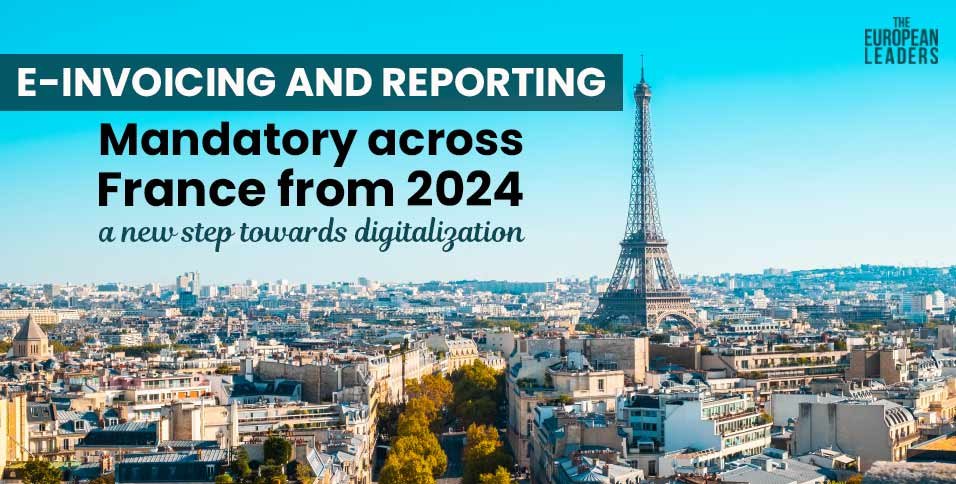Electronic invoicing in France, i.e. the compulsory issuance, transmission, and receipt of e-invoices in a standardized format with structured data, has undergone significant developments.
Initially, e-invoicing became obligatory for government transactions (B2G) starting from January 2020. The French Government was also set to make e-invoicing mandatory for B2B transactions from July 01, 2024. However, the French Government announced a delay in this mandate. The extended timeline offers businesses a valuable chance to prepare comprehensively for the upcoming e-invoicing regulations, facilitating a smoother transition when the process becomes obligatory.
The precise commencement date will be determined during the adoption of the 2024 Finance Act. To prepare for this change, a pilot phase will commence on January 3, 2024. Instead of sending invoices directly to clients as before, businesses in France will now utilize dematerialization platforms, such as the public portal or private electronic platforms, as intermediaries.
These platforms will adapt the invoice format to meet the recipient’s needs, and businesses can select the platform that suits them, ensuring compatibility. Complying with this intricate e-invoicing regulation in France will pose challenges for many companies. Choosing between the PPF platform more suitable for small businesses or certified PDPs for larger enterprises is just the initial step in this process.
Mandatory electronic invoicing has certain exemptions based on specific articles in the General Tax Code. These exemptions apply to transactions in healthcare, education, real estate, activities conducted by non-profit organizations, as well as banking, financial, insurance, and reinsurance transactions.
It also important to note that mandatory e-reporting will be implemented on the same date for certain transactions. E-reporting refers to electronically submitting specific transaction-related information, such as transaction amounts and VAT invoices, to tax authorities. This applies to commercial transactions not covered by electronic invoicing, including sales to individuals (B2C transactions like retail) and international operations (exports, intra-community shipments). E-reporting aids in tracking a company’s entire economic activity and, when combined with electronic invoicing, can lead to pre-filled VAT return forms.
The introduction of mandatory e-invoicing in France signifies a crucial step in the nation’s digital transformation. By incorporating elements of the CTC model, France is enhancing tax compliance monitoring. Despite the complexities involved, this shift towards digitization offers the potential for increased efficiency and competitiveness for businesses.
*It is advisable that the reader peruse the official rules of the French Government and seek professional help from an agency in order to register themselves into the ecosystem of E-invoicing. The European Leaders will not be responsible for any loss incurred by the reader pursuant to this article.*








